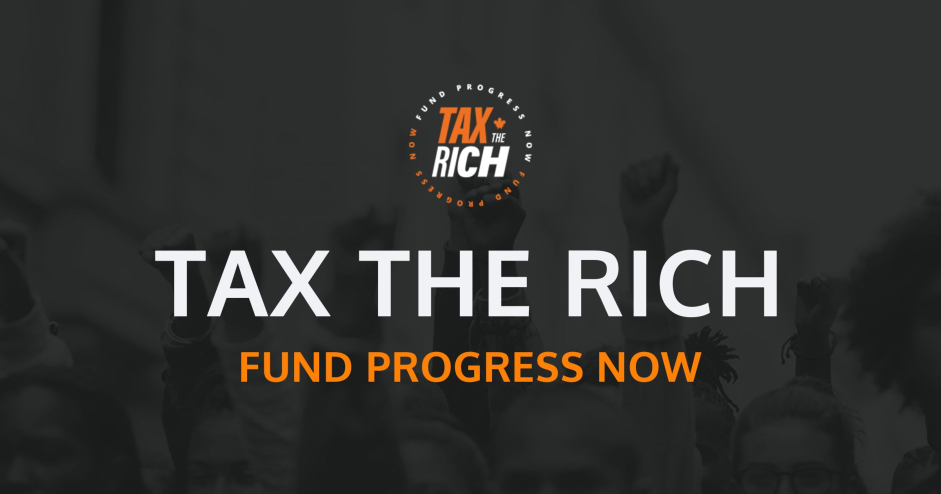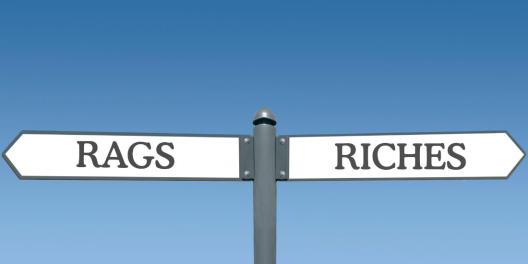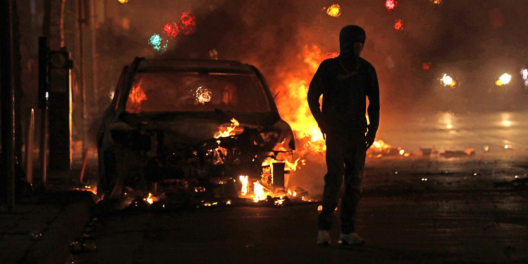The income gap between uber-wealthy Canadians and the rest of us continues to grow. According to a recent study by the Canadian Centre for Policy Alternatives (CCPA,) the wealthiest 1 percent now controls a quarter of Canada’s wealth.
Somethings wrong.
Before the COVID-19 pandemic, CCPA research showed that the 87 richest families in Canada each had, on average, nearly 4,500 times more wealth than the typical family.
Put another way, each one of these families had more wealth than the 12 million Canadians at the bottom of the ladder combined.
It gets worse.
During the pandemic, the wealth gap got bigger. Now just 61 billionaire Canadian families hold the top position.
“Some of the same super-rich benefitted as owners of large corporations amid ballooning corporate profits, which rolled in even as inflation rose rapidly and Canadians struggled with an escalating cost of living,” says CCPA senior economist Alex Hemmingway in a recent blog post.
According to Hemmingway, the idea of a wealth tax has good support across party lines. That means not just lefties, but also political conservatives. Ordinary Canadians are sick and tired of hearing about massive executive bonuses and record profits, while the cost of putting food on the table and a roof overhead escalates.
“Yet, an annual wealth tax is nowhere to be seen on the federal government’s agenda,” Hemmingway says.
The federal government has two choices. Stand by and allow this obscene income inequality to keep ballooning while the country faces critical social issues around housing affordability, homelessness, addiction, and an overburdened medical system. Or do something proactive and introduce a reasonable wealth tax on the richest Canadians.
It’s not about plunging the rich into the poorhouse. Don’t worry; the rich will still be rich. It’s about a fair wealth tax to ensure everyone pays their fair share – including the uber-rich.
The CCPA’s Hemmingway proposes a modest, 3-tiered wealth tax based on net wealth: 1 percent above $10 million, 2 percent above $50 million and 3 percent above $100 million.
That means the first $10 million of a family’s wealth would be exempt from this tax. So, a family with a net worth of $12 million would pay a 1% wealth tax on $2 million, or $20,000.
Hemmingway projects revenues from such a tax would generate $409 billion over ten years.
Imagine what important things this additional tax revenue could be used for: investing in affordable housing, keeping post-secondary education accessible to all, training and hiring more doctors and nurses, and investing in sustainable transportation. Or how about putting much-needed resources into treatment for those suffering from addiction and mental illness so they don’t end up living in tents on the streets of Nanaimo, Courtenay and Campbell River – or worse?
Now’s the time to introduce a wealth tax. Failure to do so will further erode the average Canadian’s faith in a government that’s supposed to serve everyone – not just the Galen Westons, Chip Wilsons and Jimmy Pattisons of the world.
Otherwise, we’ll be left with one conclusion – that our politicians and political institutions are truly in the back pockets of the uber-rich. And our democracy will be worse off.
The Broadbent Institute has launched a campaign to promote new tax rules that make the rich pay their fair share. To find out more or join these efforts, click here







